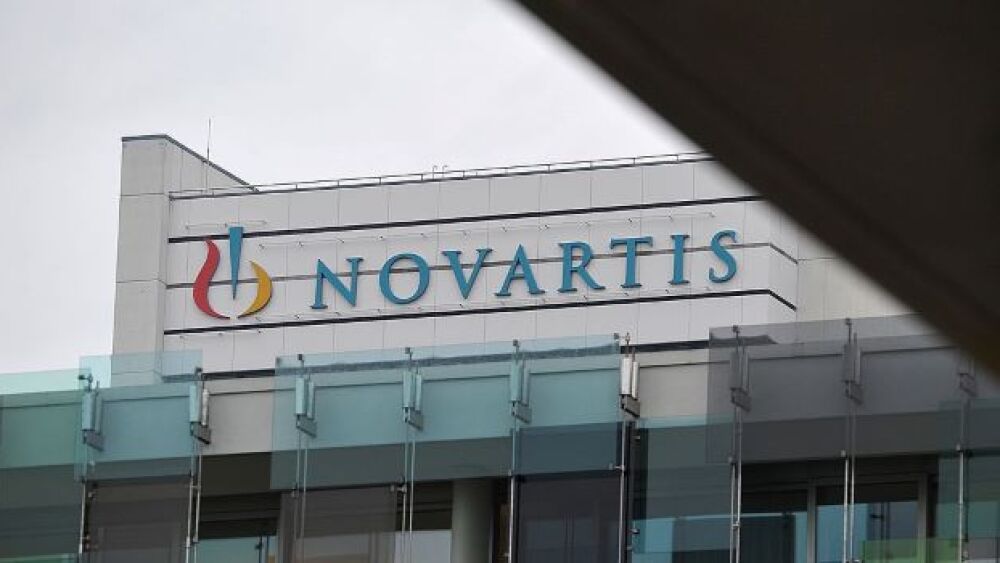Novartis has abandoned its ex vivo sickle cell disease program developed using Intellia Therapeutics’ CRISPR gene editing platform, Intellia announced Thursday.
Harold Cunningham/Getty Images
Novartis has abandoned its ex vivo sickle cell disease (SCD) program developed using Intellia Therapeutics’ CRISPR gene editing platform, according to Intellia’s 2022 financial results released Thursday.
A representative from Intellia told BioSpace its focus has been “on the development of an in vivo editing approach for the treatment of SCD to avoid the need for bone marrow transplantation.”
Novartis appears to be taking a similar approach. The Swiss pharma announced a deal with Precision BioSciences in 2022 in which it paid $75 million upfront to develop a curative in vitro gene therapy for SCD and beta-thalassemia.
Precision is developing a custom ARCUS nuclease that Novartis will exclusively license. It could earn up to $1.4 billion in milestone payments from its partner, if things pan out.
In January, Novartis announced its SCD therapeutic, Adakveo, approved in 2019, failed to reduce rates of vaso-occlusive crises in SCD patients in a Phase III study. Further assessment is ongoing as the pharma works with regulators to determine next steps.
Novartis also had to drop its Huntington’s disease program this year after a benefit-risk assessment found the side effects too severe. Despite cuts, the pharma giant has around 150 projects in clinical development.
A Race to the Finish
SCD remains a prime target for several gene therapy programs. For some, the finish line is in sight, but for others, the outlook is less clear.
Graphite Bio announced Thursday it will discontinue its gene therapy for SCD following the decision to put the trial on hold after a patient experienced prolonged periods of low blood cell counts from the therapy. CEO Josh Lehrer said continuing nula-cel’s development would be an unsound business decision due to the “evolving treatment landscape.”
Indeed, the landscape is changing as other gene therapies close in on approval.
Vertex Pharmaceuticals and CRISPR Therapeutics are gearing up for the approval and subsequent launch of exa-cel, a potential one-time treatment for SCD and transfusion-dependent beta-thalassemia. Exa-cel is an ex vivo gene therapy that edits a patient’s own hematopoietic stem cells using CRISP/Cas9 to produce high levels of fetal hemoglobin. It was granted a rolling review from the FDA.
In December, the FDA released its hold on bluebird bio’s lovo-cel, a one-time gene therapy for SCD. A BLA submission is anticipated early this year.
Latecomer Editas Medicine is the first to use AsCas12a to edit human cells in a clinical trial. Its Phase I/II gene therapy has shown early promise in SCD.






